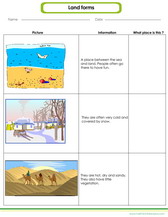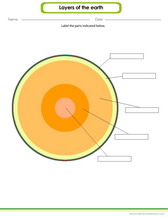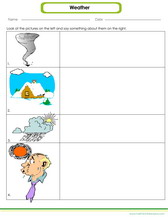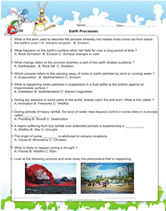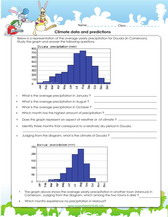Where Math Anxiety Comes From and How It Affects Your Kid’s Ability To Learn
Where Math Anxiety Comes From and How It Affects Your Kid’s Ability To Learn
What is it about math that causes such agony and nervousness, turmoil and battling, tears and outrage? Is it math or our own particular fear of challenging ourselves in something so abstract? Do we have a fear that our kid won't be great at math since we are bad at math ourselves? Such nursed fears can be attributed to Math Anxiety. Luckily math anxiety has nothing to do with our capacity to do math. Even better, our capacity to do math has nothing to do with our own qualities. At the end of the day, math is an essential skill that everybody can wind up capable in. So why not start taking the gentle steps today? Nobody would openly agree that they are bad at math, but rather it is generally acknowledged that some are great at math while others are most certainly not.
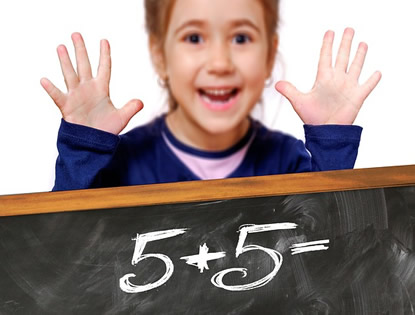
What is therefore the genuine cause of the math phobia? Is it the embarrassment of finding the wrong solution! Wrong answers mean disappointment which must be avoided at all cost. This is our social conviction. This is what we are made to believe in school systems. Find the correct solution and be acclaimed for it and probably rewarded. Get it wrong and get ridiculed! You become a disappointment or at very least a symbol of it. You are viewed as incapable or retarded. But of course such reasoning isn't right. This judgmental position defies the very purpose of learning. If you corner any genius today, they will admit to having lots of disappointments in their career. Disappointment in itself helps in the learning and development process. Very few people can hit the nail on the head in a first attempt. Individuals, who won't attempt and fail hardly achieve success. In fact they never leave the starting point. They actually never truly succeed. Fumbling and learning from your mistakes is the only real path to progress.
How can we identify math anxiety in our children / students? Math Anxiety originates from our disdain of disappointment. Be that as it may, in opposition to our convictions, finding the wrong solution is more helpful to learning math than finding the correct solution. Doing math wrongly enables us to better understand math concepts and procedures since we need to break down our reasoning. We are compelled to investigate our rationale that drove us to the wrong answer. We gain from the disappointment and we improve progressively. Over time we develop our math ability.
Society’s hostility towards failure and disappointment is the foundation of math anxiety. Rather than tolerating our math blunders and gaining from them, we get worked up to a point that our emotions set in, giving us a sense of defeat and feeling we are weak in math. Getting our math solutions wrong is disappointing no doubt and ushers judgment of us being weak. The tendency is to liken not getting it right to weakness and probably that you are not competent, not skilled, not capable at something, and so on. This provokes the conviction that you should simply surrender trying.
With that said, what number of our kids won't go into their preferred profession since they don't trust they can crunch the numbers required for that undertaking? How many people are giving up their dreams to math anxiety and giving up a chance in beginning a business, changing professions, heading off to college or more?
Overcoming Math Anxiety is as simple as child's play. Anybody could do it. Math anxiety is turning into nationwide plague in many societies across the world. Try not to give this a chance. Change your attitude about math. Begin by accomplishing something fun that includes doing math, such as evaluating the fuel you consume every month or week, checking your speed, height and more. Math isn't hard. Math is fundamental. Everybody can do math.
